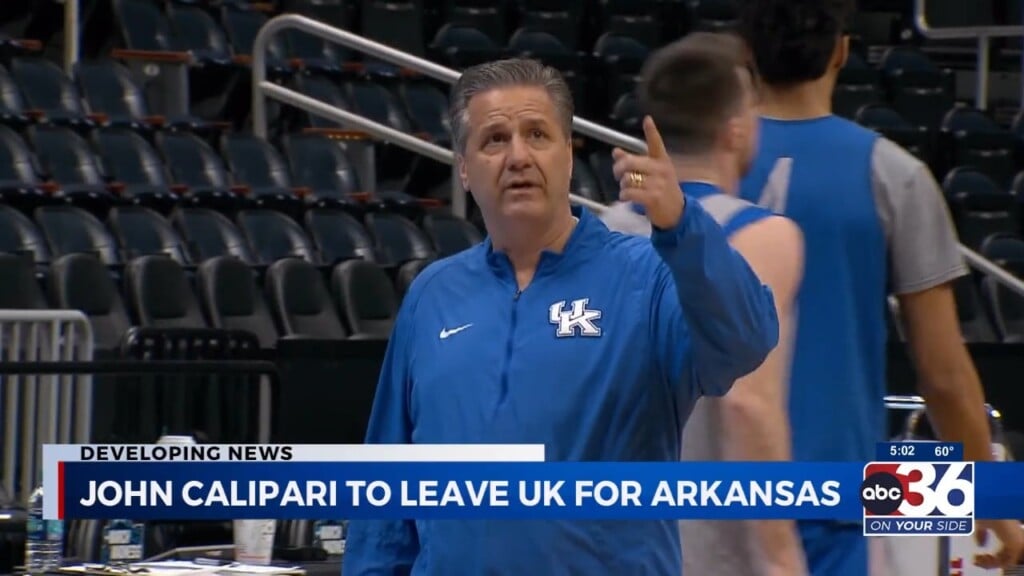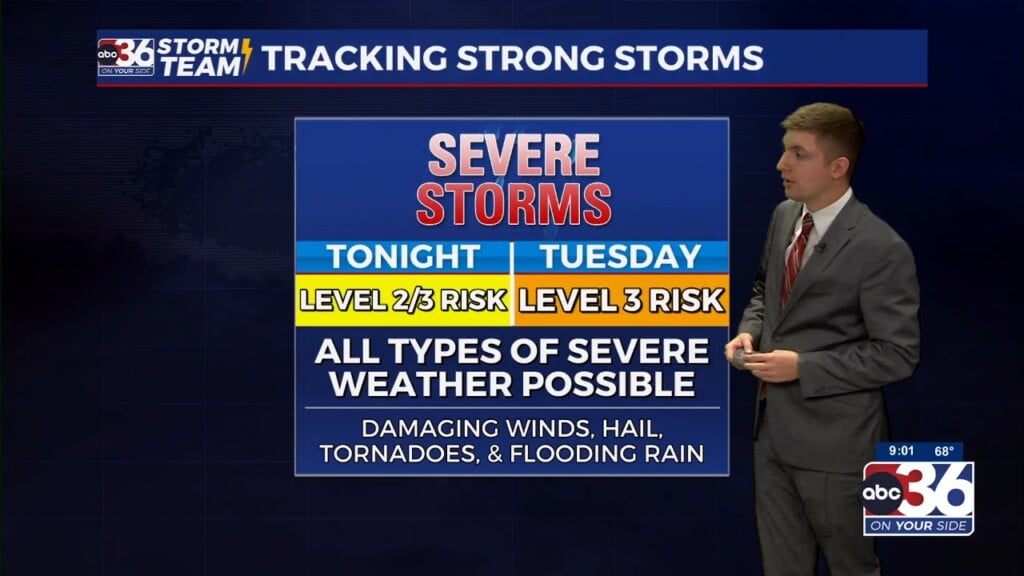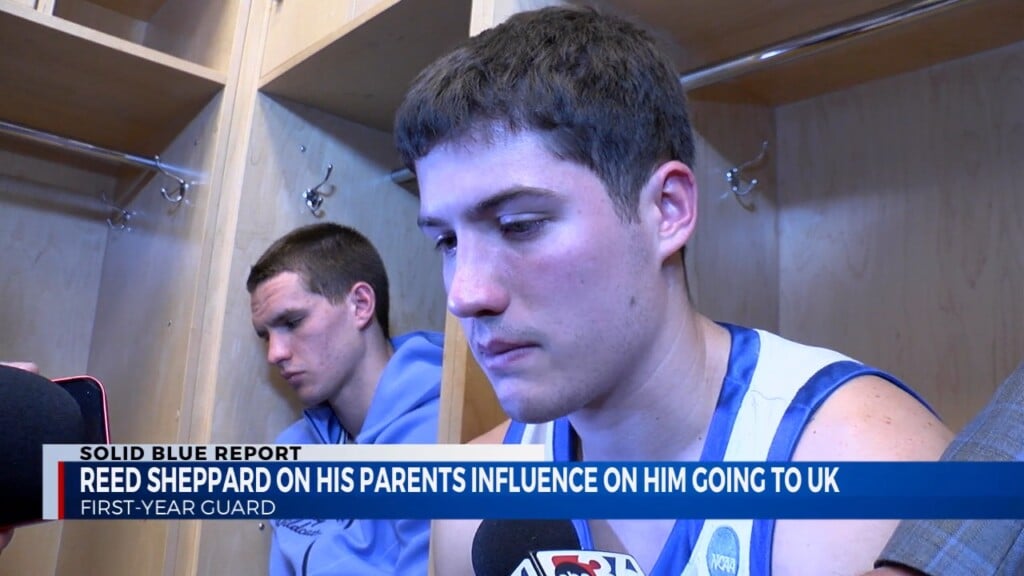New “crop rule” in Kentucky horse racing intends to demonstrate humane treatment of horses
LEXINGTON, Ky (WTVQ) – Six times, that’s it. The Kentucky Horse Racing Commission says a rider can use their crop, commonly referred to as a whip, six times after the first furlong is run. Keeneland’s Vice President of racing Bob Elliston also works with the Thoroughbred Safety Coalition. He says this is another step in providing safety for the horses.
“This has been an effort that’s been kind of around the world quite honestly,” said Elliston. “I was Avery pleased to see that the racing commission took the step that they did. And I think it just demonstrates that coalition and here in Kentucky were leading on this subject.”
The coalition is made up of well-known tracks from California to Florida. Their goal is the humane treatment of horses, which is two fold. First, how medications are used. They want them to be therapeutic and not performance enhancing. That also means eliminating performance enhancing medications on race day. While that’s behind the scenes, Elliston says the new crop rule is a more visual representation of humane treatment.
“We’ve got to demonstrate that we’re treating these horses with the most humane intention that we possibly can,” says Elliston. “At the same time, this is critical, there’s a balance here. You want competitive spirit of the horses, you want to treat them humanely and fairly and you also want to protect the rider. Those individuals who are out there going 40 miles an hour in tight company and I think this rule does that.
The rules have created mixed reactions from jockeys. Elliston knows change is difficult, but there has to be a middle ground between safety and competition.
“You know if you’re not adapting, you’re dying quite honestly. That’s the way with a lot of industries. In ours, we have to be responsive to the fan. We have to have the horse at the center of all that we do,” Elliston said. “And I do believe this is an appropriate rule. And I hope that they’ll understand the bigger picture and they’ll understand they can adapt to this. They’ll still have a very competitive environment that they can race those horses. Those beautiful animals, but we’re going to protect them and those horses as well.”
If a jockey ignores the rule, consequences range from losing earnings to even suspension. While they are strict, Elliston believes the rules can extend the life and popularity of horse racing.
“This coupled with the effort we’re making with medication reform, coupled with the outreach we’re making to new fans about what this sport does for its communities that they operate in and what they give back, and just the beauty of the animal. All of that I think will ensure that we have a fan base for a long time coming.”




Leave a Reply